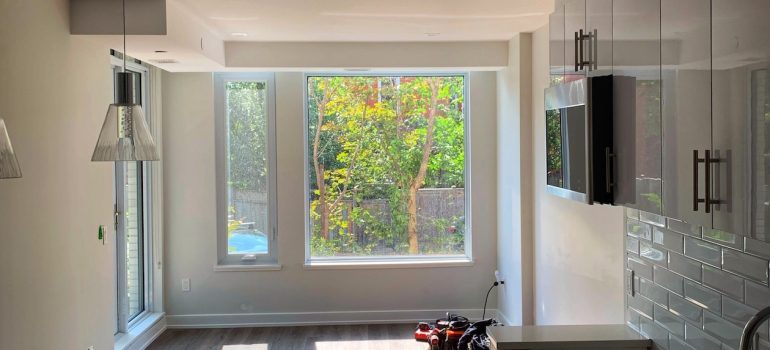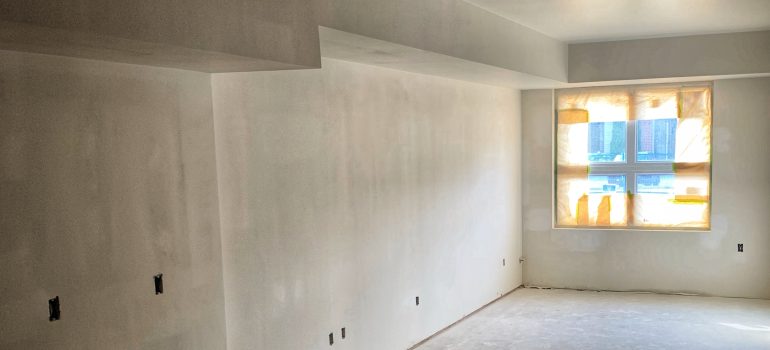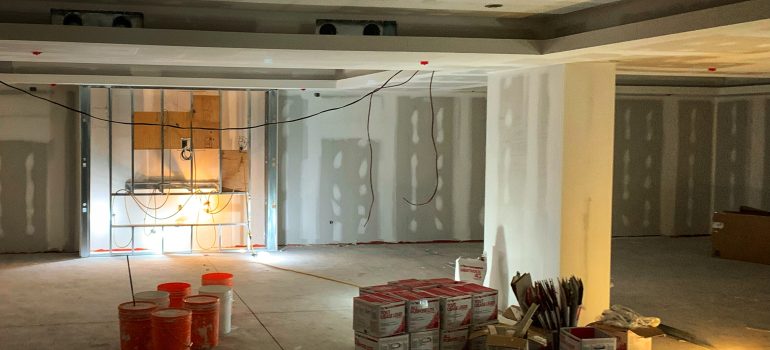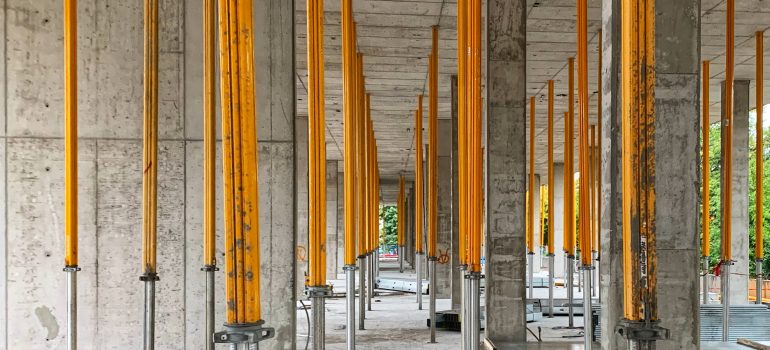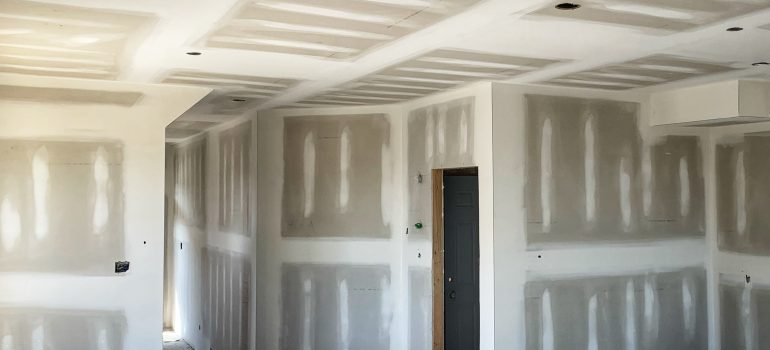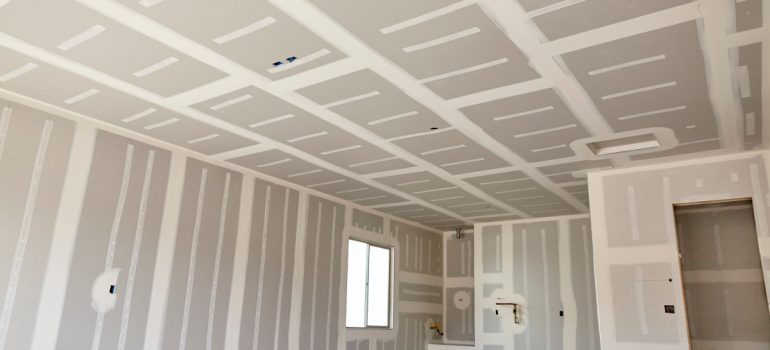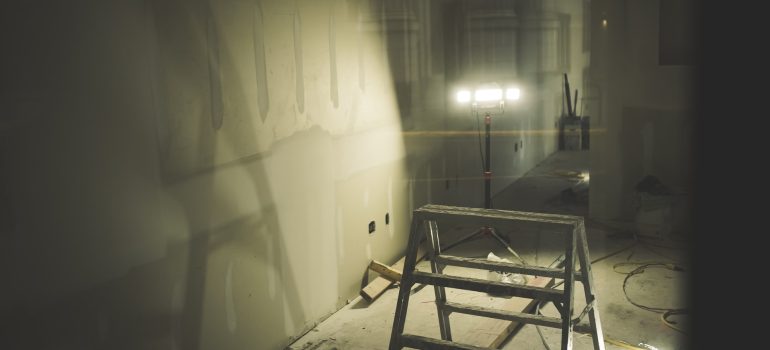How To Hire a Drywall Repair Service
How To Hire a Drywall Repair Service
Drywall is a versatile construction material used in both residential and commercial spaces. It’s made of gypsum plaster that has been pressed and dried to make it easy to install. With regular maintenance and care, drywall can last for decades. But, even with the best installation practices, walls can develop cracks or have other problems from time to time. Whether your existing drywall has light cosmetic damage or a larger issue, you’ll want to get it fixed as soon as possible. Here are some tips on how to hire a drywall repair service.
Ask for referrals from family and friends.
Before you hire a contractor, ask family and friends if they know anyone who has used a drywall repair service and what their experience was. This can help you avoid a company that has damaged customers’ homes or has terrible customer service. While this isn’t a guarantee that you’ll have the same experience, it can help you narrow down your options.
Check out drywall repair companies online.
While recommendations are great, you’ll also want to do some research to make sure the company you choose has a good track record. Check out their website to see what kind of services they offer and to find out more about the company. You may also want to look at online review sites where customers can rate their experience with the company.
Estimate the cost of the repairs before making a decision.
It’s a good idea to get an estimate of the cost of repairs before hiring a contractor. This can help you make sure the company is giving you a fair price for the work that needs to be done. It can also help you avoid contractors who might lowball the cost of repairs in order to get the job. You should also get a quote on the materials used so you can make sure they’re appropriate for your situation. For example, a contractor might use the wrong type of drywall and then try to bill you for a more expensive version.
Make sure any repairs are covered by warranty.
If the contractor you hire for repairs is using new materials, make sure those repairs are covered by warranty. If the contractor is using old materials, make sure they’ll give you a guarantee that the repairs will last for a certain amount of time. And if they won’t give you either of these things, you might want to consider hiring a different contractor. You don’t want to pay for repairs that may or may not last or that don’t come with a guarantee.
Ask how long the company has been in business.
It’s a good idea to ask how long the company has been in business. You’ll probably want to avoid any companies that have only been in business for a short period of time. Veteran contractors often have more experience and can help you avoid problems down the road.
Demand a written estimate and contract.
You should always get a written estimate from a contractor before starting any repairs. This is a good way to make sure you’re both on the same page about the work that needs to be done and the cost of those repairs. You should also get a contract detailing what work will be done, when it will be completed, and how much it will cost. This can help protect both you and the contractor as well as make sure all parties are held accountable.
Don’t pay until the job is fully completed to your satisfaction.
Even if you’ve already paid for repairs, you have the right to ask for a refund if the work is unsatisfactory. You have every right to ask for a fully completed job that meets your expectations before you pay. If you feel the contractor has done substandard work, you can follow the steps listed below. If you feel the contractor has done poor quality work and won’t give you a refund, you can report them to your local consumer protection agency. And if the contractor has done something illegal or fraudulent, contact the local authorities. Hopefully, these tips will help you find a drywall repair contractor you can trust to do a great job. It’s important to hire the right company for the job so you can avoid future problems and keep your home looking great for years to come.
Contact RGZ Cambridge today for all your drywall needs: We are industry leaders in Commercial and Residential projects. Call us today: 613-695-5544 or reach us via this page.


